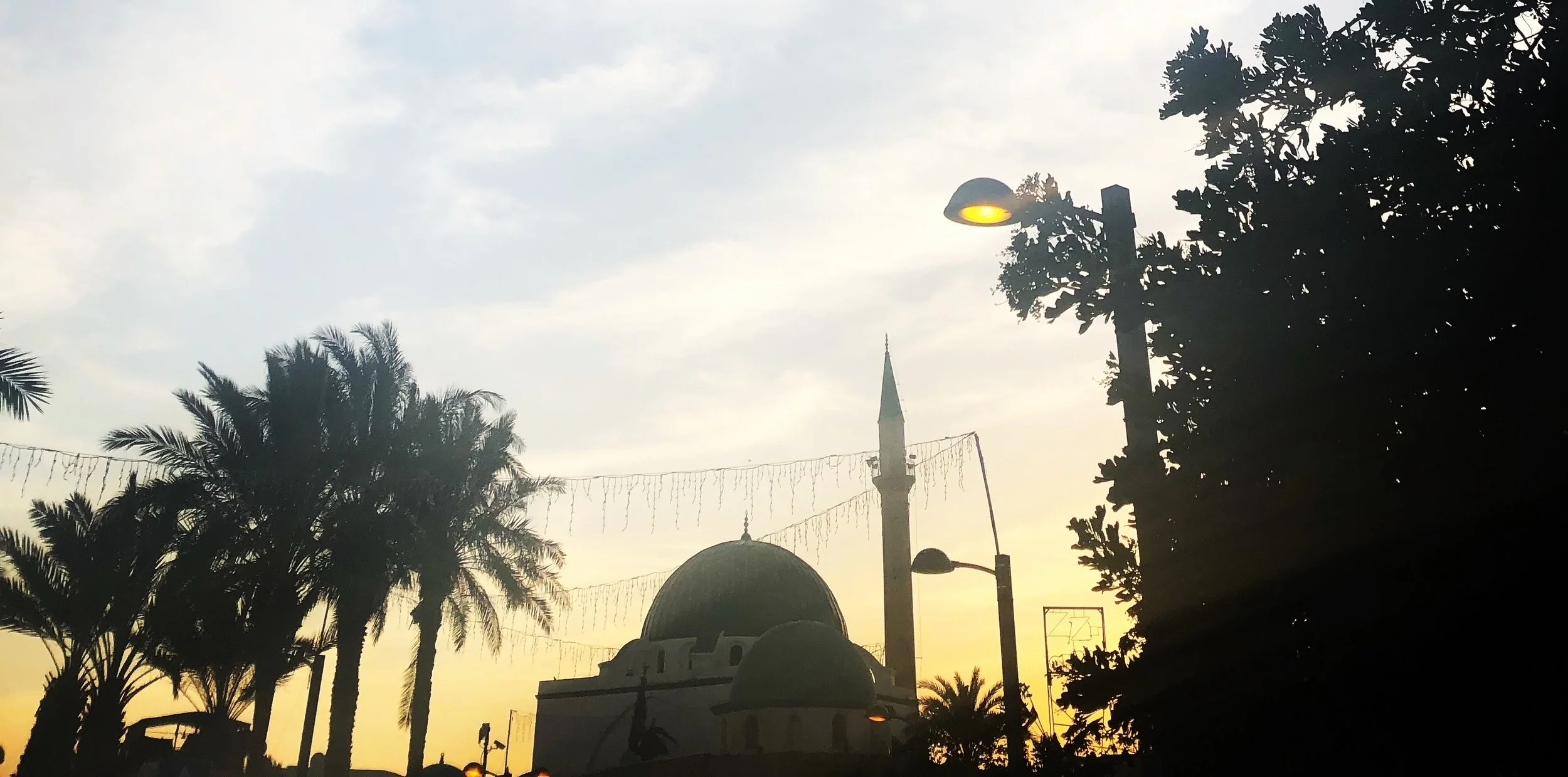Al-Masāq
Al-Masāq: Journal of the Medieval Mediterranean is an international peer-reviewed journal covering all aspects of Mediterranean societies and cultures from the fifth to the fifteenth centuries CE. It is concerned with fostering innovative (trans-)cultural and interdisciplinary research of Mediterranean spaces and with encouraging debate on local, translocal and intercommunal connectivity within the Medieval Mediterranean.
Al-Masāq is published by Taylor and Francis and further information including back issues can be found on the dedicated journal web pages.
It comprises both articles and reviews relevant to the journal’s readership and is edited by Esther-Miriam Wagner (emw36@cam.ac.uk).
The journal invites submissions both individual or a group of thematic articles, the latter being published in a special issue. Research papers in the journal use a range of theoretical and methodological approaches covering studies in the humanities and social sciences. They should always have clear aims with a principal thesis relevant to the journal's readership, addressing research questions or problems and specifying a research context with a critical analysis and discussion. Each issue is peer-reviewed by members of the advisory board to ensure competence in all fields of research and the editorial direction of the journal.
For further information including information on word limits and formatting please refer to the journal home pages.
To submit an article please see our new online submission system: http://www.edmgr.com/calm/default.aspx
Review essays and short reviews of individual books for Al-Masāq are commissioned by the reviews editor, Christopher Heath (CHeath@lincoln.ac.uk). Please contact the reviews editor should you wish to write a review for the journal. Both kinds of review should aim to:
Offer an overview of the contents of the book;
Summarise its main argument(s);
Make clear its relationship to existing scholarship in the field;
Appraise the extent to which it meets the needs of its stated audience;
Outline any limitations or areas for further research.

